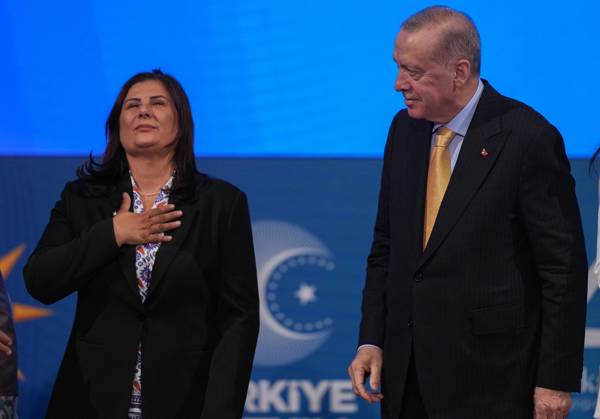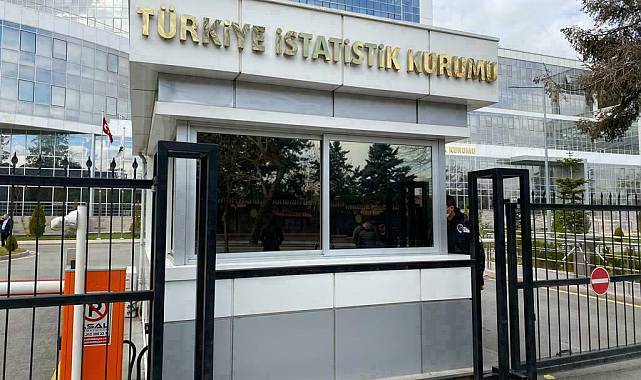Despite its official mandate to protect human rights and combat discrimination, Turkey’s Human Rights and Equality Institution (TİHEK) remains largely ineffective, according to the 2023 audit report of the Court of Accounts, the country’s highest governmental accounting body.
Established in 2016 to replace its predecessor, the Turkish Human Rights Institution (TİHEK) was mandated by Law No. 6332 to safeguard human dignity and promote equality. However, a recent audit reveals significant structural and operational shortcomings, suggesting that the institution is largely ineffective.
Independence in question
Although TİHEK was designed to operate independently, with the law stipulating that no authority can interfere with its work, concerns remain about its governance as among its 11 board members, three are appointed by the president and the other eight by the cabinet.
The audit revealed that TİHEK only managed to open a single branch office in Antep, despite provisions in law allowing it to establish more. By international standards, human rights institutions are expected to maintain regional offices to allow direct access to the public. TİHEK is a member of the Global Alliance of National Human Rights Institutions (GANHRI). However, applications to the institution can be made through provincial and district governor’s offices.
Staffing gaps
The lack of local offices is not related to allocated positions, either. While the institution has a staff capacity of 215, only 59 positions are filled. Also, several staff members are assigned to other agencies, and some employees on temporary contracts have had their terms repeatedly extended. GANHRI had previously criticized TİHEK’s personnel policies, urging the institution to hire qualified staff through a transparent, merit-based process.
Financial mismanagement
TİHEK's financial practices also came under scrutiny in the audit. While the institution received a budget allocation of 47.3 million liras for procurement, it exceeded its allowed spending limit, reaching over 27.3 million liras without appropriate approvals from the Public Procurement Authority.
Language barriers
The audit also found that TİHEK failed to ensure accessibility for minority groups. According to GANHRI accreditation standards, the institution should offer services in minority languages and implement simplified application procedures to improve access for vulnerable groups. In addition to being independent, GANHRI considers it necessary for the exercise of the right to apply in minority languages. For this reason, TİHEK cannot be accredited to the organization at 'A' level.
TİHEK relies on the digital infrastructure of the Justice Ministry, whereas the GANHRI says it should establish communication systems including telephone and the internet. (Mİ/VK)












